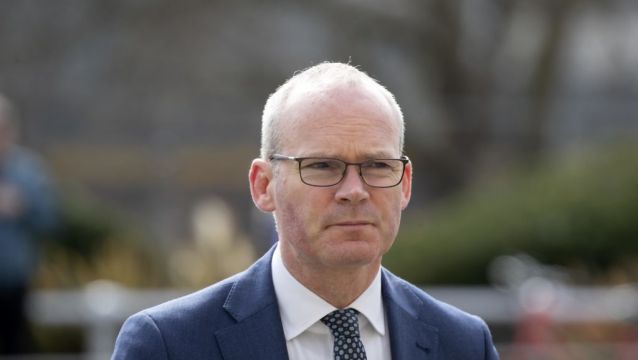There is overwhelming support for the retention of Ireland’s current model of military neutrality, according to the latest Irish Times/Ipsos poll.
Two-thirds of voters do not want to see any change in neutrality, with less than a quarter (24 per cent) in favour of a change.
Taoiseach Micheál Martin and senior Ministers including Tánaiste Leo Varadkar and Minister for Foreign Affairs Simon Coveney have all recently called for a debate on Irish neutrality in the wake of the Russian invasion of Ukraine and the heightened threat to the European Union’s eastern members from Moscow.
President Michael D Higgins has also said that there should be a “well-informed debate” about Irish neutrality.
The poll shows that a strong majority of voters do not favour any change in the current practice of military neutrality, which is generally understood as precluding Ireland from joining any military alliance – such as Nato – and requires a United Nations Security Council resolution for Irish troops to be committed abroad.
While the invasion of Ukraine has prompted support for that country – a large majority of voters (70 per cent) support tougher sanctions even if it results in higher costs here – that support does not extend to helping Ukraine with military aid.
Just 35 per cent of respondents agreed with the statement: “Ireland should send military aid to Ukraine, even if this affects our neutrality”, while 55 per cent disagreed.
Military role
A similar majority are opposed to Ireland’s involvement in greater EU military co-operation. Just a third of voters (33 per cent) agreed with the statement: “In the light of the Russian invasion of Ukraine, I want to see Ireland play a greater military role to defend the EU”, while 54 per cent disagreed.
The responses to the poll point to fears about an escalation of the conflict in Ukraine and the possible impact on Ireland. Asked if they agreed with the following statement: “I am worried that Ireland could be dragged into a war, so it is important for us to stay neutral in Ukraine”, 65 per cent of voters said they agreed. Just 29 per cent disagreed.
The two-thirds majority in favour of the status quo was underlined when voters were asked the straight question: “Do you support Ireland’s current model of military neutrality or would you like to see it change?”
Again, 66 per cent of respondents said they supported the current model of neutrality, while 24 per cent said they would like to see it change. Eleven per cent said they didn’t know.
Among the minority of voters who said they wanted to see a change to neutrality there is strong support for joining Nato (63 per cent) and overwhelming support (78 per cent) for joining an EU common defence.







